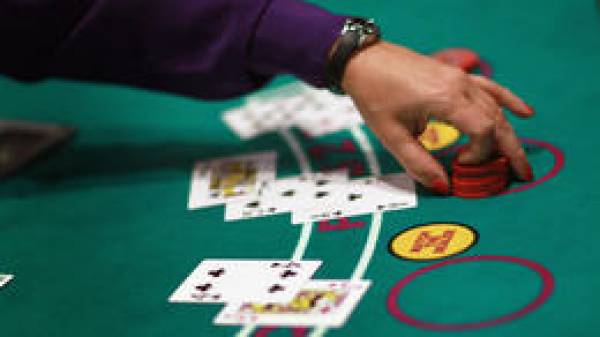Most Aggressive State Against Online Gambling Maryland Spends $35.7 for Casino Push

Maryland wants to woo its residents to the polls and vote for gambling expansion next month. To date, $35.7 million has been spent by both supporters and opponents of a proposed new casino at the National Harbor in Prince George’s County. State residents have been inundated with more gambling ads than those airing for the US Presidential race.
There is certainly a bit of irony in Maryland’s desire to expand gambling in the state.
For the better part of ten years, the US Attorney’s Office in Baltimore has aggressively pursued online gambling sites, ordering such establishments to pay millions of dollars in fines. It remains to be seen as to whether Maryland poker players, furious that they can no longer play online with websites based offshore, will show up in large numbers to oppose this measure. Maryland is a small enough state that some gamblers may opt to cross the border into Delaware and play online poker legally in that state once licenses are granted.
According to a filing with the State Board of Elections, a committee hoping to defeat Question 7 reports an outlay of $21.7 million.
A pro-gaming expansion committee reports that it has spent $17.7 million.
Penn National is fighting the MGM proposal to develop the National Harbor casino.
- Gilbert Horowitz, Gambling911.com














